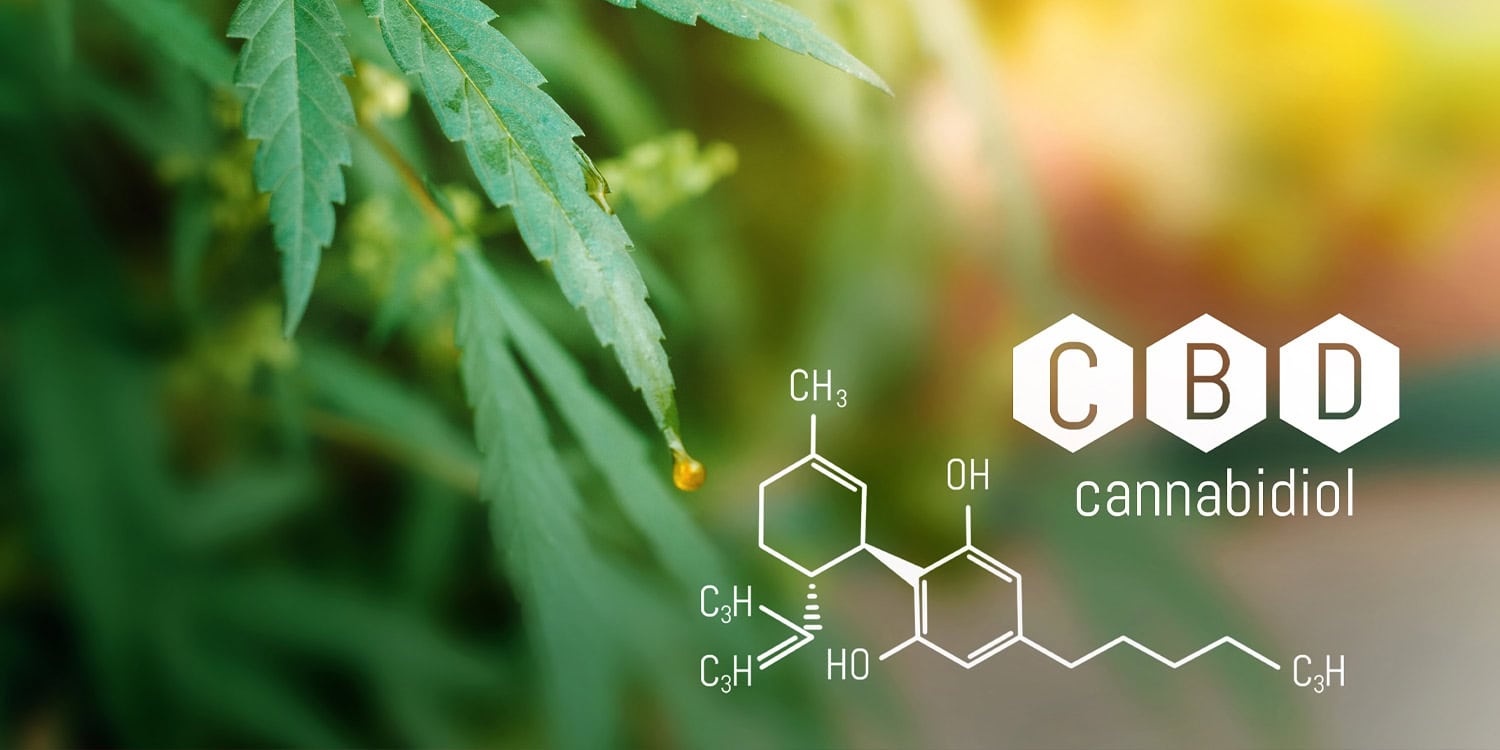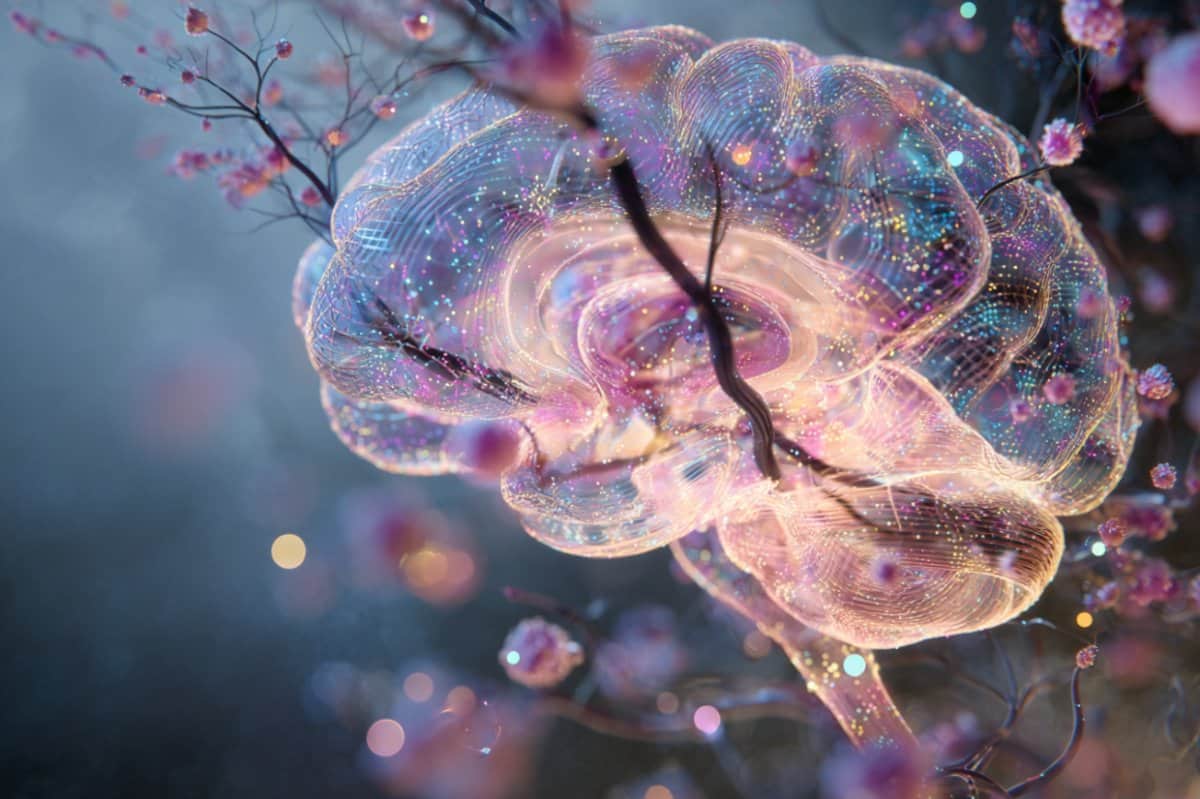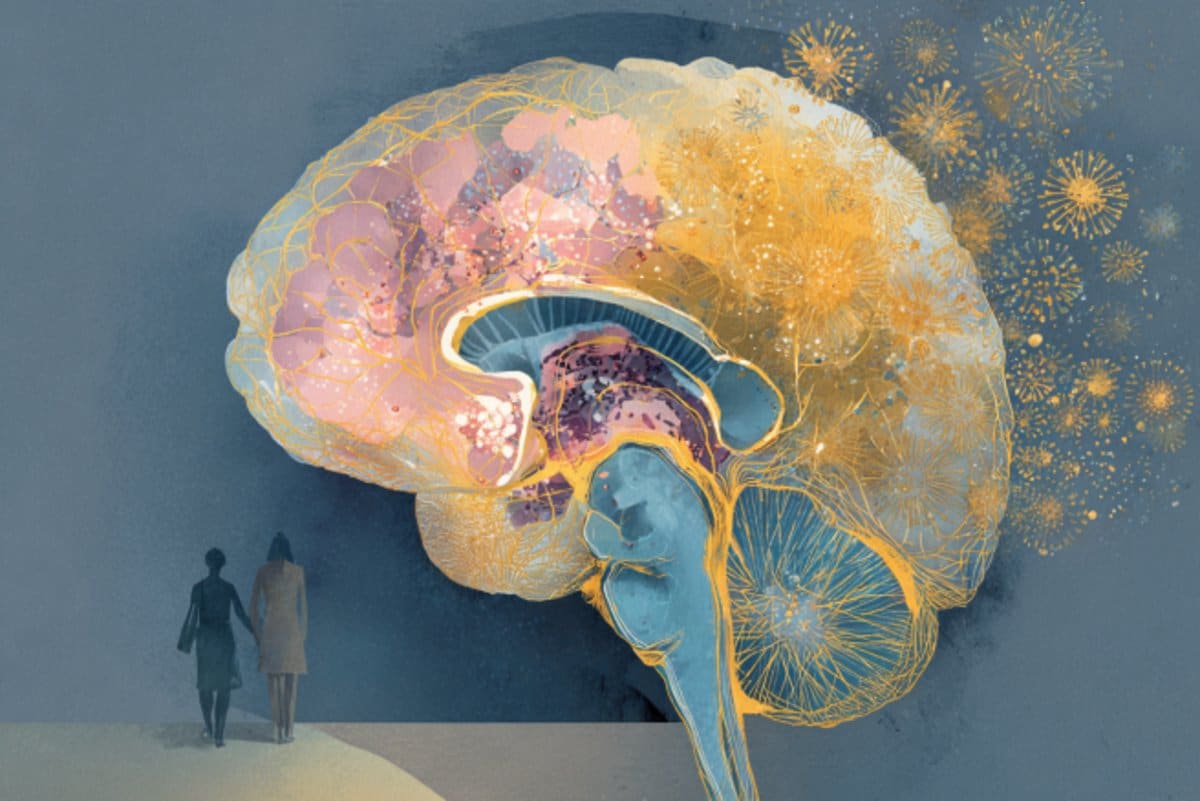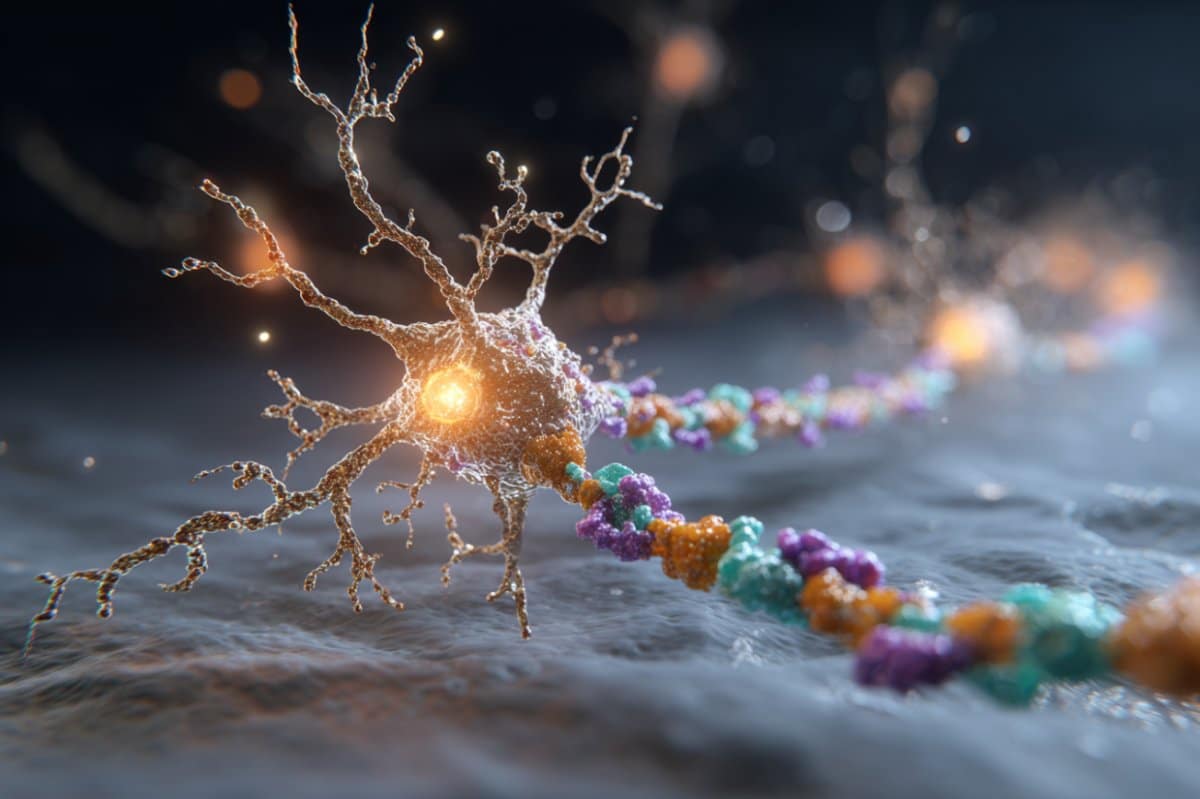T4K3.news
Groundbreaking findings on alcohol use disorder and brain chemistry
New study reveals increased glutathione levels in the brains of individuals with alcohol use disorder.

New research reveals significant differences in brain chemistry linked to alcohol use disorder.
Elevated glutathione levels found in individuals with alcohol use disorder
A study published in Drug and Alcohol Dependence highlights that individuals with alcohol use disorder have higher concentrations of glutathione in the dorsal anterior cingulate cortex. The research analyzed neuroimaging data from 20 individuals with alcohol use disorder and 20 matched light drinkers. Surprisingly, those in the alcohol use disorder group who had fewer heavy drinking days in the previous two weeks showed the highest glutathione levels. This suggests that the brain compensates for oxidative stress caused by chronic drinking, but the results were gathered from a small, homogenous sample of mostly young men.
Key Takeaways
"The findings from this preliminary study are consistent with an interpretation of compensatory GSH upregulation."
This statement highlights the study's main conclusion about the brain's adaptive response to oxidative stress.
"Understanding this relationship can open up opportunities for targeted antioxidant treatments."
This reflects the potential implications of the findings for future treatment options.
The findings from this study provide critical insight into how alcohol use disorder impacts brain chemistry. The increased levels of glutathione may be a response to oxidative stress resulting from heavy drinking. Understanding this relationship can open up opportunities for targeted antioxidant treatments. However, the small sample size raises concerns about the generalizability of the results across different demographics, as it predominantly reflects a specific group of young men. Future studies could expand this research to a broader population to validate these findings and explore treatment implications.
Highlights
- This study shows how the brain responds to alcohol use disorder.
- Compensatory mechanisms may play a role in alcohol addiction treatment.
- Glutathione levels reveal important links to drinking patterns.
- The brain's chemistry changes suggest new treatment paths.
Research raises concerns about treatment implications
The study's findings suggest significant links between alcohol use disorder and brain biochemistry, but the small participant size limits the conclusions that can be drawn for diverse demographics.
This research underscores the importance of understanding biochemical changes in addiction treatment.
Enjoyed this? Let your friends know!
Related News

CBD shown to reduce alcohol cravings in clinical trial

Study reveals genes linked to mental illness activate in fetal stages

Signs of health issues linked to night waking

Research Links Hepatitis C Virus to Mental Disorders

Exploring GLP-1 medications and their implications

New study reveals secrets of mood regulation receptors

Nicky Wake shares her recovery journey with a little-known pill

Frequent marijuana use linked to increased cancer risk
